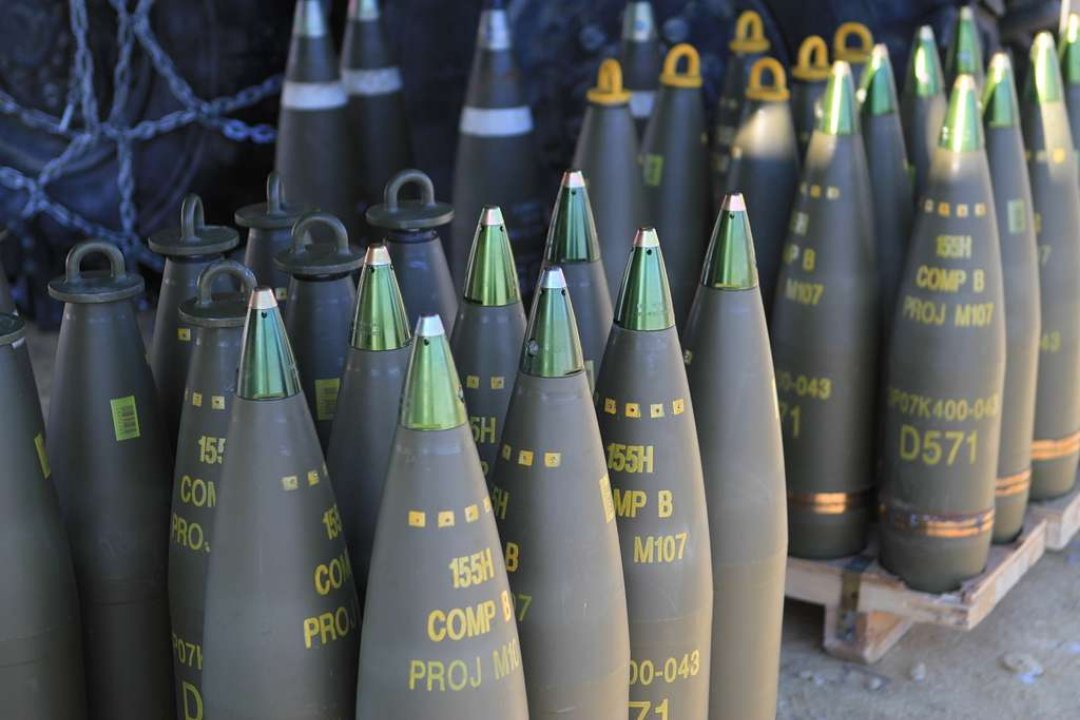
Bangladesh, recently emerging from a period of political unrest and the departure of Prime Minister Sheikh Hasina, is reportedly set to receive a significant shipment of defence materials from Pakistan. This development comes amid a thawing of relations between the two countries and a worrying rise in anti-India sentiment in Bangladesh.
As reported by Tribune India the shipment includes 40,000 rounds of ammunition, 2,000 tank ammunition rounds, 40 tons of RDX explosive, and 2,900 high-intensity projectiles. This order marks a significant increase from the previous year, which comprised only 12,000 rounds of ammunition.
While Bangladesh has previously procured arms from Pakistan, the scale of this deal and the timing suggest a strategic shift in defence priorities. The shipment is slated to be delivered in three phases, commencing in early September 2024 and concluding by December 2024.
Details of these supplementary defence exports to Bangladesh have come to light through a letter from the General Manager Exports of Pakistan Ordinance Factory (POF). This correspondence, directed to the Managing Directors of various POF divisions, outlines the specific defence stores to be exported.
This move coincides with a surge of anti-India sentiment in Bangladesh, fueled by accusations of India causing floods through dam water release and frustrations over visa delays. These incidents highlight the challenges India faces in maintaining cordial relations with its neighbor.
The change in leadership in Bangladesh, with Nobel laureate Muhammad Yunus taking the helm, has rekindled optimism for improved relations between Bangladesh and Pakistan. This, coupled with the arms deal, could signal a potential realignment in regional dynamics.
However, Bangladesh's interim government has also expressed its commitment to strengthening ties with India. The leaders of both nations have pledged collaboration, highlighting the complexities of Bangladesh's foreign policy balancing act.
The evolving situation in Bangladesh has significant implications for India. The potential shift in alliances, coupled with the growing anti-India sentiment, presents challenges for India's regional influence and economic interests. It remains to be seen how these developments will unfold and what impact they will have on the geopolitical landscape of South Asia.
